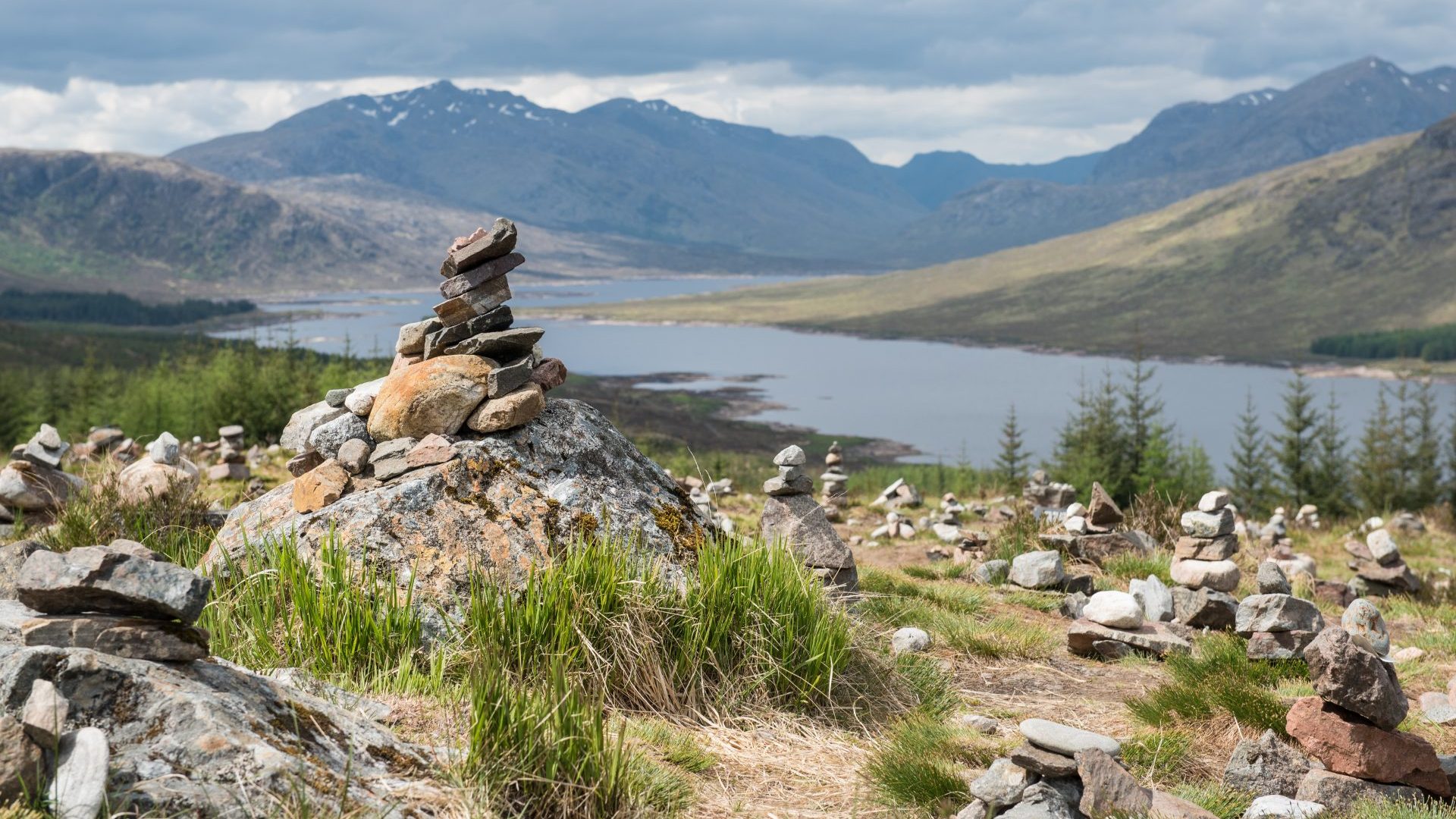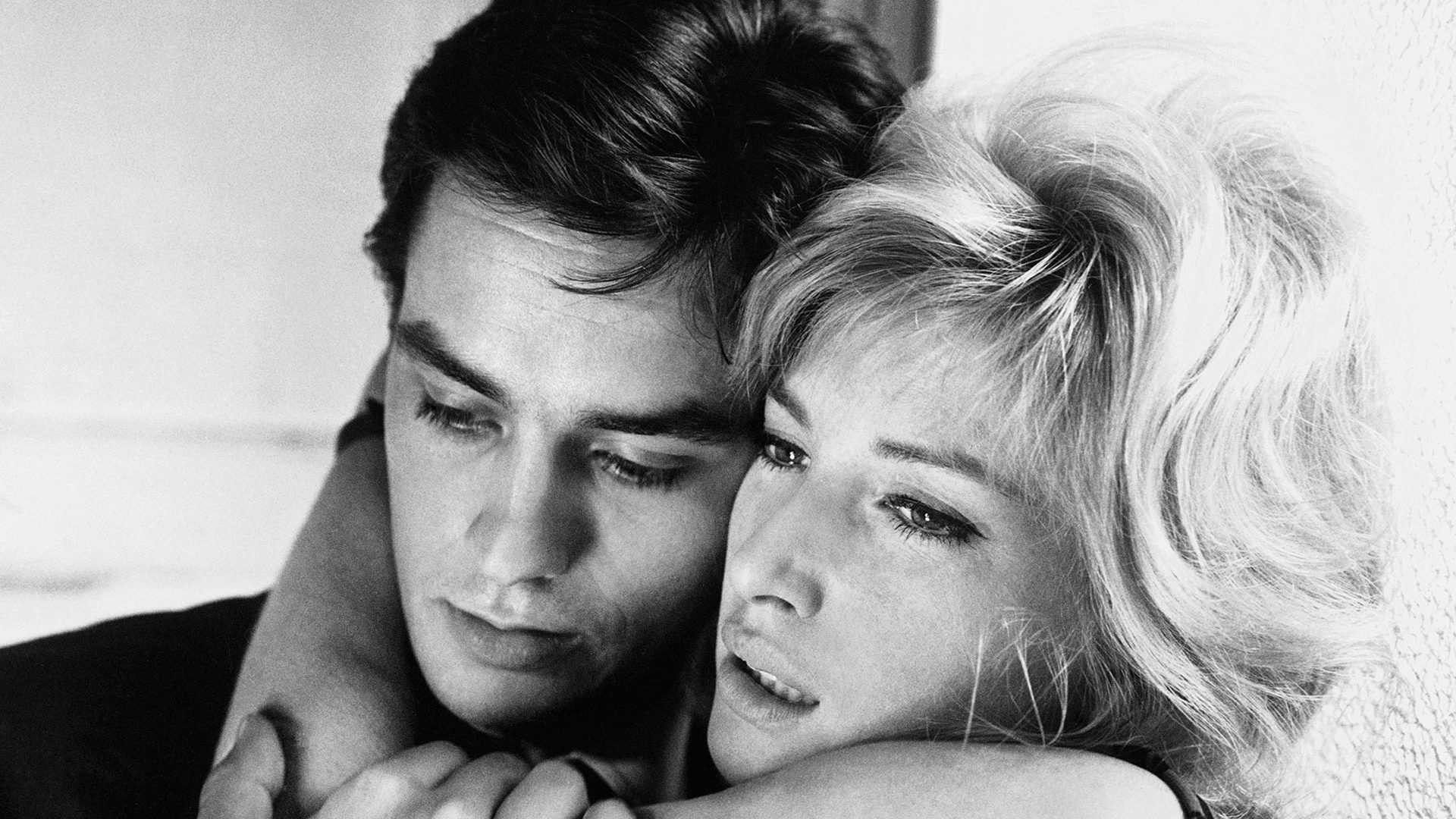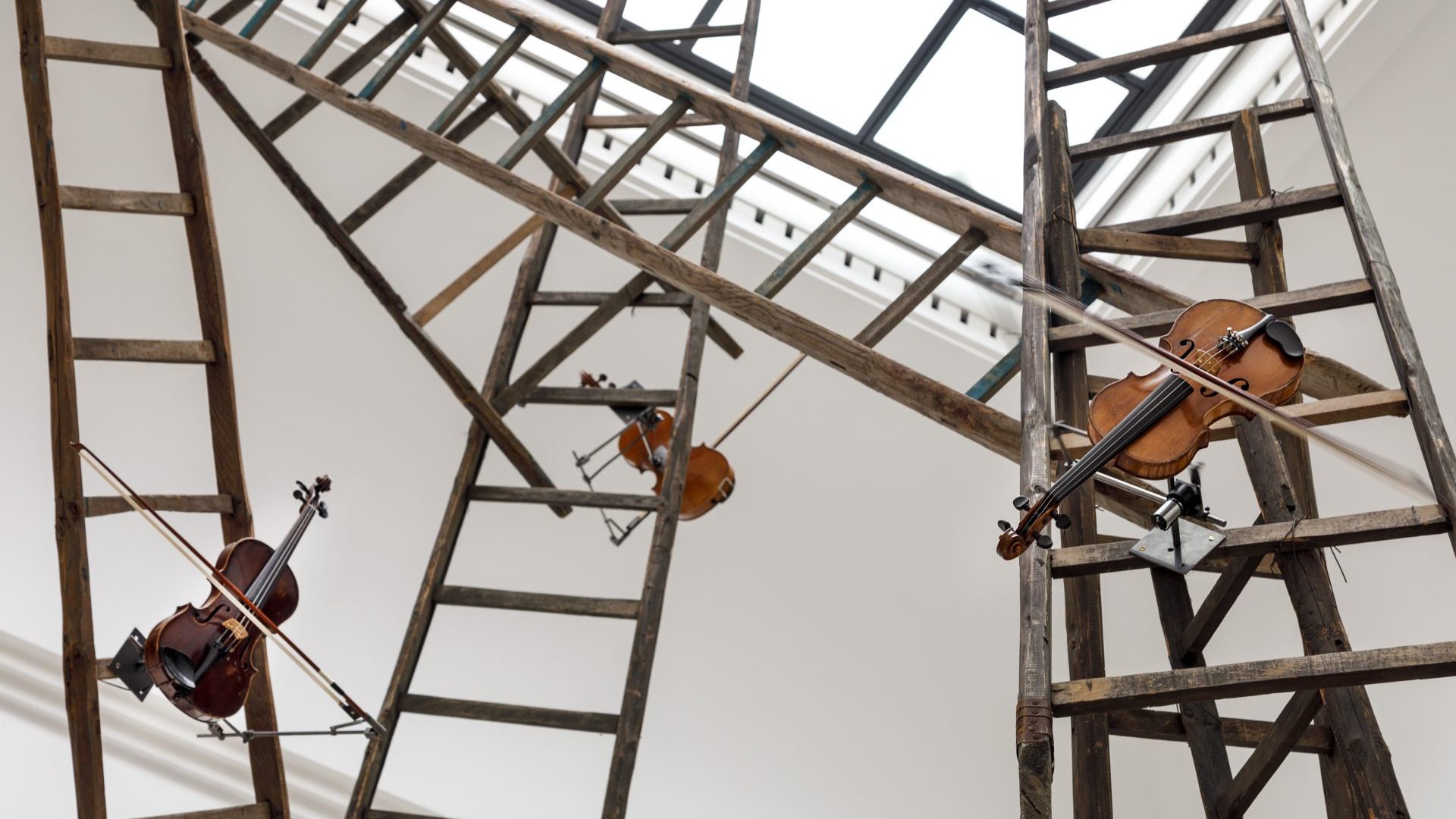In recent weeks this column has looked at books to complement the pageants of fun, passion and facepainting that are the European Championships and, erm, the UK general election. By picking out the best of fiction and non-fiction related to current events, who knows, maybe a few bits of choice reading can enhance our appreciation and understanding of such things.
Literature has a wider purpose than that, of course. Sometimes immersing ourselves in a good book can provide a valuable escape, a mental deep clean, a psychological holiday from the madness and mayhem of the modern world and the everyday lives we’re obliged to conduct in the midst of it all. While not a fan of the concept of “improving literature”, I am convinced that books are vital conduits of rest, perspective and understanding in ways that other activities cannot emulate.
That kind of reading does not have to be pure escapism, either. There are some writers who can draw us into new aspects of the world we see and experience every day, the world in which we are the centre with our individual worries, stresses, joys, confusions, hopes and misunderstandings, and have us emerging all the better from reading their work.
Some writers are able to tweak the world slightly, making the light fall on it differently so we notice things about it we’ve never noticed before. It takes a writer with a particular combination of talents to pull this off: a deep thinker who can distil complex notions and observations into sentences that open up thoughts and pictures in our minds almost without us realising. When you happen across an exceptional writer who can do this it can be a distinctly personal, intimate experience.
Poetry is often the best format to achieve this kind of subtle revolution of personal perspective. Poems often provide us with moments of stillness and contemplation that help us step out of our routines into a collection of carefully crafted lines in which every word is considered for its role in meaning, imagery and rhythm. There are few finer reading experiences than when a poem unexpectedly stops you dead in your tracks.
To achieve this in prose is even more difficult; only a handful of poets make good prose writers, and vice versa. One of the finest working in Britain today is Kathleen Jamie, whose heart-soaringly beautiful new book, Cairn, is published this month.
Most often when you stumble across a writer whose work resonates with you on a profound level you can’t wait to tell your friends about them and press their books on anyone you think might enjoy them. Sometimes, however, you find a writer so special, whose work feels so prescient and brilliant on a deep level, the urge to disseminate their output among your circle never materialises. Their work almost feels too personal.
Reading is an intimate experience rare in the festival of distraction that passes for modern life. Sometimes an even deeper reading intimacy manifests itself thanks to an author whose words burrow further into you to prompt deeper contemplation.
Jamie is one of those authors, a writer who deals in air and space, who can travel the world yet speak from the hearth as much as the heart. Jamie is a writer who can infuse quiet moments and brief encounters with a profundity that has the reader going back and reading sentences again and again just to keep experiencing their rhythm and clarity of expression.
A writer without Jamie’s specific gifts would fall between more stools than Norman Wisdom at a woodturners’ convention. Her poetry is exquisite, from her tentative 1982 debut pamphlet Black Spiders, which won the Eric Gregory Award, to The Overhaul, Costa Poetry Prize winner in 2012, to her 2021 appointment as Makar, Scotland’s national poet. Yet labelling her specifically a poet does her a disservice that would see her bristle.
Jamie’s essay collections encompass travel, nature writing, memoir and philosophy, yet attempting to tie her work to any of those descriptions is like trying to knit the morning mist. Trying to bind her to being a feminist writer or a Scottish writer is equally futile, because Jamie has always evaded convenient description, a writer ahead of her time, yet firmly of her time.
This helps to protect her from being labelled part of a genre or movement, inoculates her against being fashionable and enables her to build and retain a large, loyal and growing following captivated by her poetry, prose and particular eye for the world around us.
My introduction to Jamie came with 2005’s Findings, a book of essays that took out-of-the-way places and small, intimate experiences and turned them into something that encompassed the world. Here was a new way of looking at nature and the landscape years ahead of the boom in what would come to be dubiously labelled “nature writing”.
Findings quietly subverted accepted thinking on a range of topics. “Pity the dark,” she writes in the opening chapter Darkness and Light, “we’re so concerned to overcome and banish it, it’s crammed full of all that’s devilish, like some grim cupboard under the stair. But dark is good.”
Findings was so original that bookshops struggled to place it on their shelves. Jamie spoke at the time of her fear that, with its ruminations and meditations on time and the landscape, her book would end up in the “mind, body and spirit” section.
Sightlines followed in 2012 and Surfacing in 2019, both of which explored Jamie’s relationships with landscapes and time with the same sense of quiet wonder and wisdom as Findings while keeping one foot firmly in the real world.
“Between the laundry and the fetching kids from school, that’s how birds enter my life,” she writes in Findings. “I listen. During a lull in the traffic, oyster-catchers. In the school playground, sparrows.”
“A sorceress of the essay form,” John Berger called her. “Never exotic, down to earth, she renders the indefinable to the reader’s ear.”
Jamie’s new book, Cairn, is another immersive collection of poetry and prose written as Jamie embarked on her 60th year. There is a wealth of experience here, drawing on a lifetime of fascination with the land and the way that time seems to turn in on itself when one explores the layers beneath the surface. Having recalled her years as a “teenage antiquarian” in Sightlines, when she volunteered on an archaeological dig one summer and first experienced deep time in its literal sense, Jamie has been acquiring an intimate knowledge of the world around us, from the secrets held by ancient stones and subterranean tombs to the birds that circle above them.
Cairn also presents a new way of writing for Jamie. Where her previous prose books were beautifully constructed essays, Cairn is filled with poems and fragments, micro-essays and individual thoughts that build into the literary construction of the title.
The introductory essay recalls a moment half a lifetime ago when Jamie set out walking in Orkney one night, until she found herself sheltering from a storm by the shoreline in the lee of an abandoned fisherman’s hut, watching the boiling waves, the sweep of the lighthouses that overlook Scapa Flow and a distant refinery flame of burning surplus gas.
Thirty years later she returns to the same spot and sits with her back against a cairn built from the left stones of walkers, reflecting on what has passed and what might lie ahead.
She recalls how “my younger self wrote her earnest poems and scampered through her 30th year” here, and ponders the same vista at 60.
“I can still look out at the sea all right, by night or day,” she writes, “but now, the shape of my life’s arc is becoming visible, as it were. It is no longer beyond the horizon.”
The view across Scapa Flow, largely unchanged since Jamie was first there half of her life ago, prompts the observation that for the first time “I can imagine the world going on without me, which one doesn’t at 30. Or shouldn’t.”
This reflection on mortality comes with an awareness that the vista has in fact changed in ways subtle and stark. Seabirds return to the cliffs after winters, but in numbers reduced significantly every time. There are notably fewer migrating geese. The reassurance that the natural world – our landscapes, our flora and fauna, the rituals of the natural year – is always there, unchanging as our cycles of lives came and went is now clouded by the doubt of decline.
With its subtle ruminations on climate change and grief – there are a couple of beautiful pieces here reflecting upon the deaths of her parents – Cairn could be a melancholic read. Yet this is ultimately an uplifting book, exhilarating even, one whose nuggets of imagery and wisdom stay long in the memory. It’s slim, beautifully produced, and I keep finding it turning up in bags or among other papers as if I’m leaving it in places where I know my near-future self will appreciate finding it, hitherto the only person I’d deliberately share it with.
But Jamie’s work needs to be shared. Cairn is an eminently shareable book.
Cairn by Kathleen Jamie is published by Sort Of Books, price £9.99




